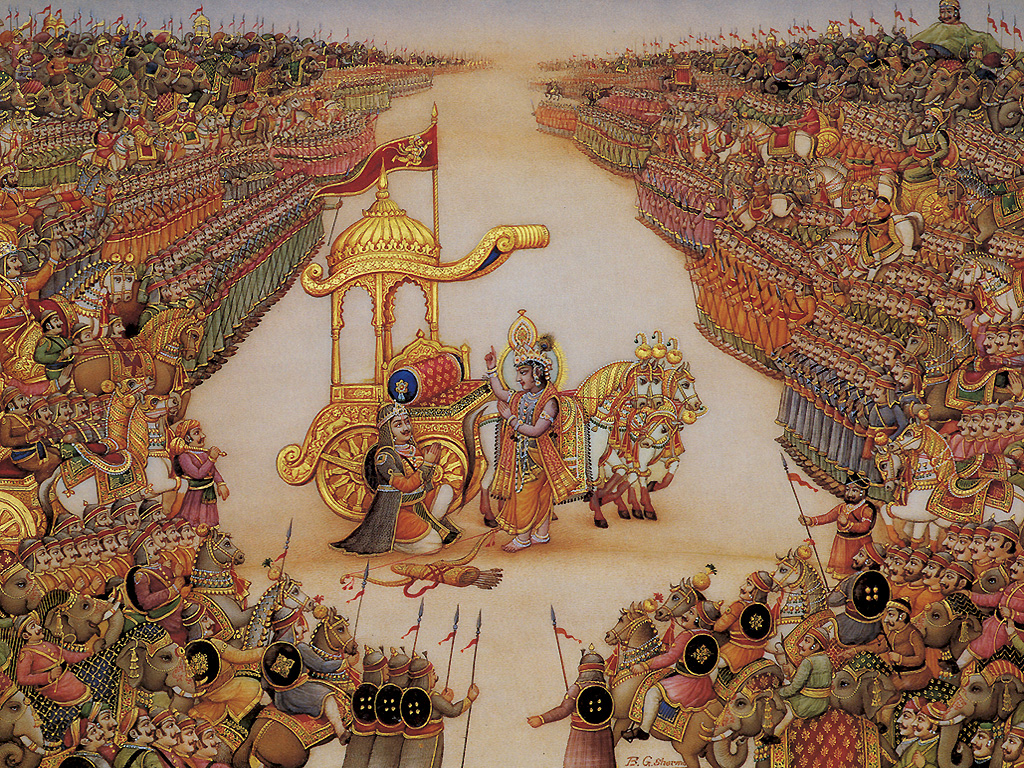 Jehangir Ratanji Dadabhoy Tata was a legend in his life time. Under him Tata group diversified into a large number of sectors from airlines to hotels, trucks to locomotives, heavy chemicals to pharmaceuticals, financial services, tea, information technology, etc. He was also the longest serving member of the Atomic Energy Commission.
Jehangir Ratanji Dadabhoy Tata was a legend in his life time. Under him Tata group diversified into a large number of sectors from airlines to hotels, trucks to locomotives, heavy chemicals to pharmaceuticals, financial services, tea, information technology, etc. He was also the longest serving member of the Atomic Energy Commission.Quiet spoken, with piercing green-blue eyes, and acquiline nose and an aristocratic air, JRD remained a much revered figure within the Tata organization and some what of an Institution abroad. A casual dresser, he refrained from the ostentatious lifestyles of many Indian industrialists, preferring to live in a rented bungalow surrounded by skyscrapers in downtown Bombay.
JRD scoffed at the idea of being characterised as the Rockefeller of India. "I have never had an interest in the accumulation of wealth". He says, 'I have always been more interested in what wealth can do for the betterment of society.'
"I suppose the big difference between the Tatas of India and the other great founders of trusts and foundations is that, while the Fords and the Rockefellers have remained very wealthy, the Tatas have retained very little individual wealth".
He reckoned that this personal wealth was probably just over $.200,000, noting: "I am not even close to being a dollar millionnaire because whatever I inherited I put in a charity trust many, many years ago".
JRD entered the Tatas as an unpaid apprentice in December 1925. His mentor was John Peterson, a Scotsman who had joined the Group after serving in the Indian Civil Service. At 22, soon after his father passed away, he was on board of Tata Sons, the Group's flagship company.
At the age fo 34, in 1938, JRD was elected Chairman of Tata sons making him the youngest head of the largest industrial group in India. His leadership at Tata Sons, at the beginning had 14 enterprises which half a century later had expanded to a conglomerate of 95 enterprises.
Breaking from the common practice of having members of one's family run different operations in a business, JRD urged to bring in professionals to the table. He turned the Tata group into a business federation, where enterpreneurial talent and expertise were encourage to flower.
He for the first time, pioneered the system of developing 'employee welfare schemes' in corporate India and steered the principles of an eight hour working day, free medical aid, workers' provident fund and accident compensation schemes, which were later, adopted as statutory requirements in India.
Self effacing, modest, wistful and endearing are a few of the (adjectives) laurels used to describe JRD.
In 1992, because of his selfless humanitarian endeavours, JRD Tata was awarded India's highest civilian honour, the BHARAT RATNA. In the same year, JRD Tata was also bestowed with the United Nations Population Award for his crusading endeavours towards initiating and successfully implementing the family planning movement in India, much before it became an official governmental policy.
JRD never forgot these words uttered by his father, the Founder:
"We do not claim to be more unselfish, more generous or more philanthropic than other people. but we think we started on sound and straightforward business principles, considering the interests of the shareholders our own, the health and welfare of the employees the sure foundation of our success."
-Jamshetji

